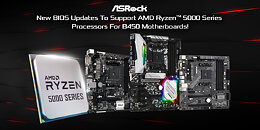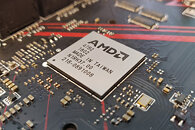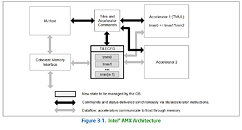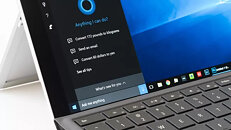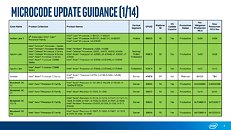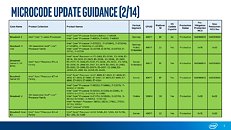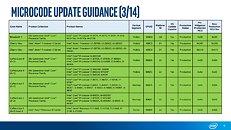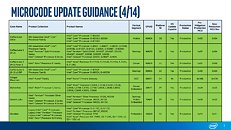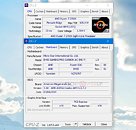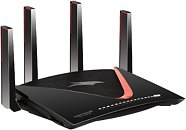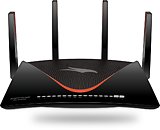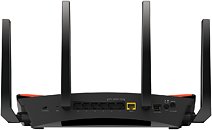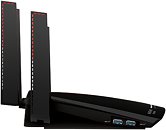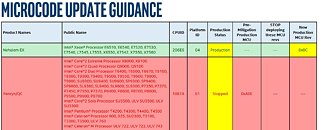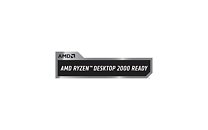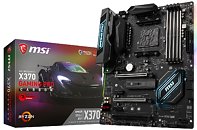
Horizon Forbidden West PS5-Exclusive Patch 1.21 Adds Accessibility Features and Preps Burning Shore DLC
Hi everyone! We're very happy to announce that our team is releasing Patch 1.21 for Horizon Forbidden West today. Patch 1.21 sets up the game for the release of Horizon Forbidden West: Burning Shores. It also brings additional Accessibility Features. Patch 1.21 is exclusive to PlayStation 5 users. Do note that Horizon Forbidden West: Burning Shores content will be playable from April 19th onwards.
Horizon Forbidden West: Burning Shores launches April 19 on PS5! This expansion sees Aloy pursue a sinister threat in the untamed wilds of Los Angeles, now a treacherous volcanic archipelago. Horizon Forbidden West: Burning Shores takes Aloy to the ruins of Los Angeles. The past millennia has seen the metropolis wracked by tectonic and volcanic activity. The result: a dangerous archipelago populated by deadly machines. Among these islands, a large settlement of Quen fight to survive.
Horizon Forbidden West: Burning Shores launches April 19 on PS5! This expansion sees Aloy pursue a sinister threat in the untamed wilds of Los Angeles, now a treacherous volcanic archipelago. Horizon Forbidden West: Burning Shores takes Aloy to the ruins of Los Angeles. The past millennia has seen the metropolis wracked by tectonic and volcanic activity. The result: a dangerous archipelago populated by deadly machines. Among these islands, a large settlement of Quen fight to survive.











